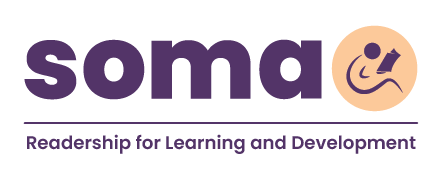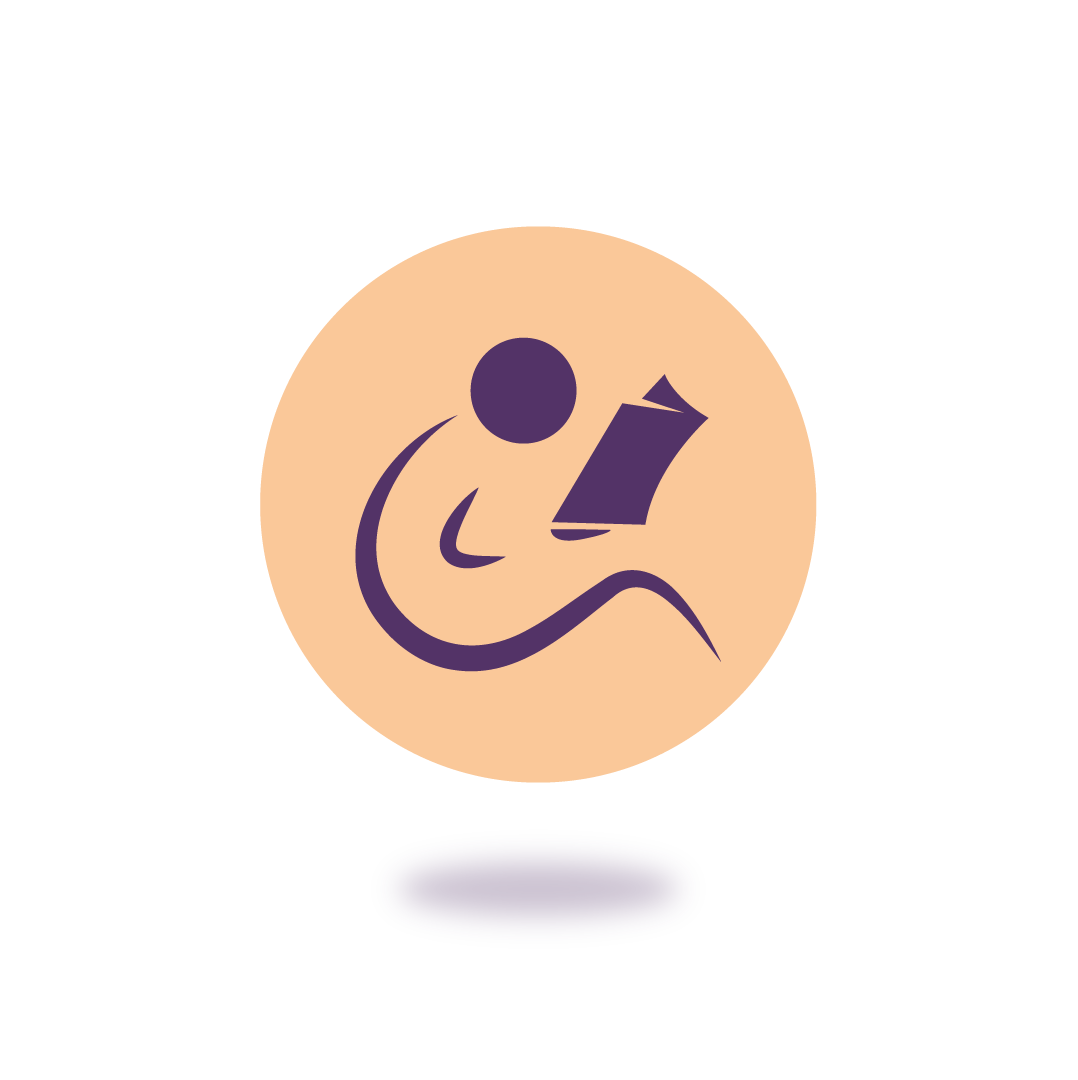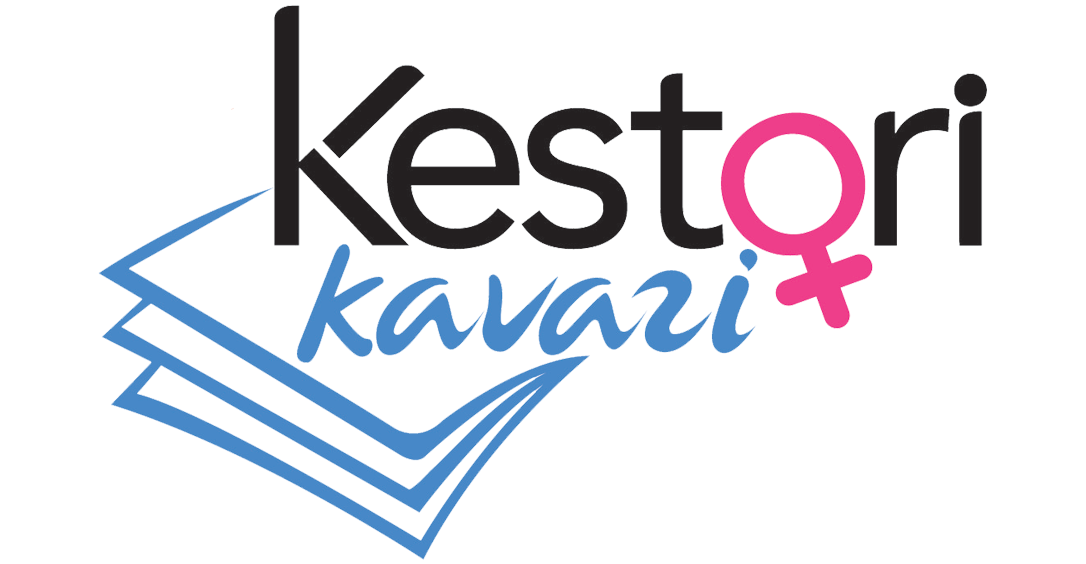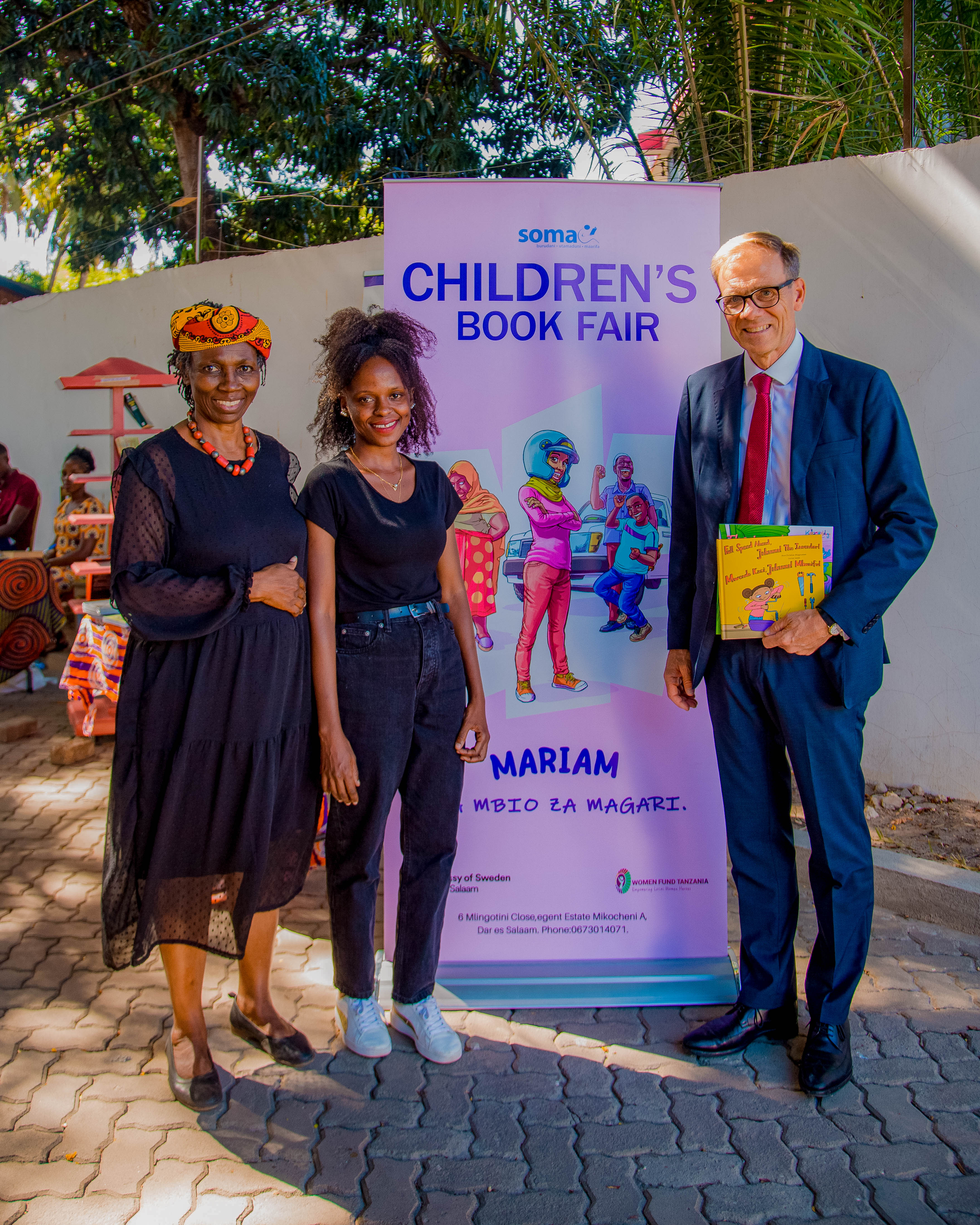Readership for Learning and Development, otherwise known as Soma, with support from Women Fund Tanzania (WFT) is proud to announce the Feminist Legislature Documentation and Archiving Research Project. This initiative is under the Multimedia Feminist Storytelling, Archiving and Documentation Project. The purpose of this particular endeavor is to uncover the hidden dynamics that have led to the passing of feminist legislature in Tanzania since independence. This project particularly seeks to unearth the individual women (and men) and organizations, who may or may not be in the official records, that played a key role in advocating for the creation and implementation of laws that have ameliorated the economic, political and social conditions of women in Tanzania. Our goal is twofold. One, to understand what it takes to consistently go against the grain for a cause including the toll it takes on individuals involved, and what strategies they employ to mobilize support, and also to identify and profile individuals behind these processes and results—those on the forefront and those behind the scenes who tend not to be recognized. Soma is thus seeking an experienced researcher to help us spearhead this venture. Applicants must be Tanzanian, female, and between the ages of 20 and 40, with an interest in researched and purposeful communication.
Project Title: Feminist Legislature Documentation and Archiving Research Project
Project Summary: This project seeks to dive deep into archival research through parliamentary documents so as to track the creation and implementation of feminist legislature in Tanzania since independence. We expect the Hansard approach to allow us to see the dynamics in Parliament in regard to the discussions that took place during the selected time periods. We are aware that official documentation cannot tell the full story, which is why we seek to also conduct interviews with individuals (such as people that were members of Parliament or activists during the passing of these laws), so as to fill in the gaps within the narratives that we collect. We will narrow it down to a few monumental laws that truly marked the watershed moments for the feminist movement in Tanzania, and study how these historical moments came into being. The research project is co-created by members of the Wanawake Fahari Yetu- Historia Yetu Coalition and the Feminist Herstory Platform, which consists of 25 organizations and therefore its approach must factor in consultative review and validation sessions with representatives from these organizations.
Project Objectives: This project is a part of the Multimedia Feminist Storytelling, Documentation, and Archiving Project. Tracking the creation and implementation of feminist legislature will allow us to document and archive these historic moments, thus adding them to a feminist archiving database that will be accessed by members of the Wanawake Fahari Yetu- Historia Yetu Coalition and the Feminist Herstory Platform, students, budding feminists and more. Once added to the database, this information will be a part of the history of the transformative feminist movement in Tanzania. The April to August 2020 timeline of this research project will allow us to conduct research and learn from a process that we hope will allow us to eventually enhance our research procedures. We hope that the methods that we are to pioneer can be used to enrich the entire community of feminist organizations. The end result of this project is to be the creation and completion of a report on the activities of individuals and organizations in the creation and implementation of feminist legislature since Tanzanian independence. This research and the eventual completed report will showcase key historic moments in the feminist movement in the country. We hope that this report will allow us to highlight the existence and transformative powers of the feminist movement. Soma, on behalf of the Coalition and Platform, also seeks to create a feminist archive online that will have all the multimedia projects run by feminist organizations in Tanzania in one space, as well as displaying reports such as the one to be produced by this project, hence ensuring further public exposure for and collaborations by groups dedicated to transformative feminism.
Outputs and Deliverables:
- To select between a minimum number of 5 and a maximum number of 10 key historic moments in the creation and implementation of feminist legislature in Tanzania since independence;
- Through looking through parliamentary archives and having conversations with the various campaigners for these laws, unearth the story behind the participation of individuals and organizations in pushing forth legislature supportive of transformative feminism and its goals;
- Create profiles of women, groups and organizations who have made outstanding contributions to the identified legislations;
- Create and develop a mechanism that allows feminist organizations to honor those who have helped the transformative feminist movement develop by measuring the level of influence individuals, groups and organizations have made in feminist society.
Applicant Criteria:
- Applicants must be female and between 20 and 40 years old with at least a bachelor’s degree in the social sciences and/or the humanities and an interest in basic researched and purposeful communication.
- Applicants do not need to necessarily have a background in law to apply, but exposure to and experience in law making processes could be an added advantage during the selection process.
Timeline:
- All applications must be submitted no later than April 10, 2020 to thefeministarchivetz@yahoo.com.
- This research project is expected to last 4 months beginning from late April to late August 2020.
Application Requirements:
We expect all applicants to submit two (2) documents—a CV and a research design proposal where they illustrate clearly how they would go about conducting this research and presenting its findings.
The Research Design Proposal Must Provide the Following Information:
- Applicants are required to produce a timeline for each stage of the research process of the project and to explain what makes their proposed way of conducting research effective and relevant to not only this project, but to attempts to document and archive the transformative feminist movement in Tanzania (max 500 words)
- What difficulties do you expect to face while conducting research and how do you expect to overcome them? (max 300 words)
- How will this work help your personal career? (max 300 words)





